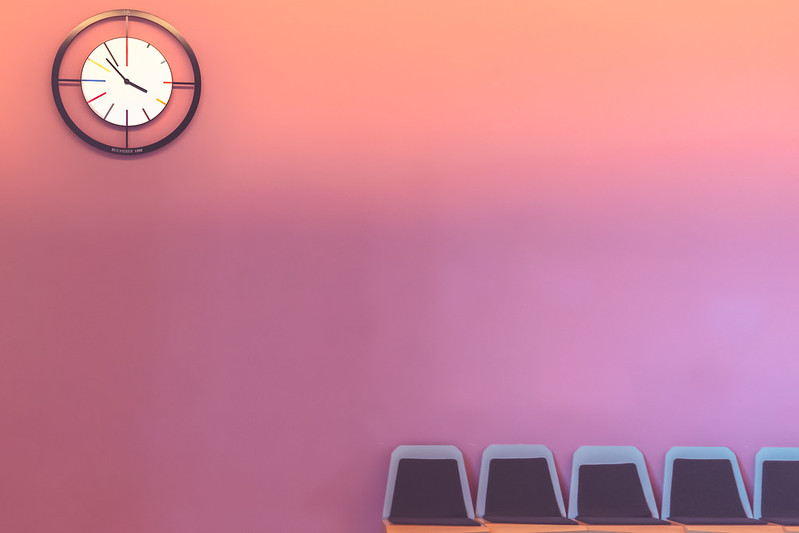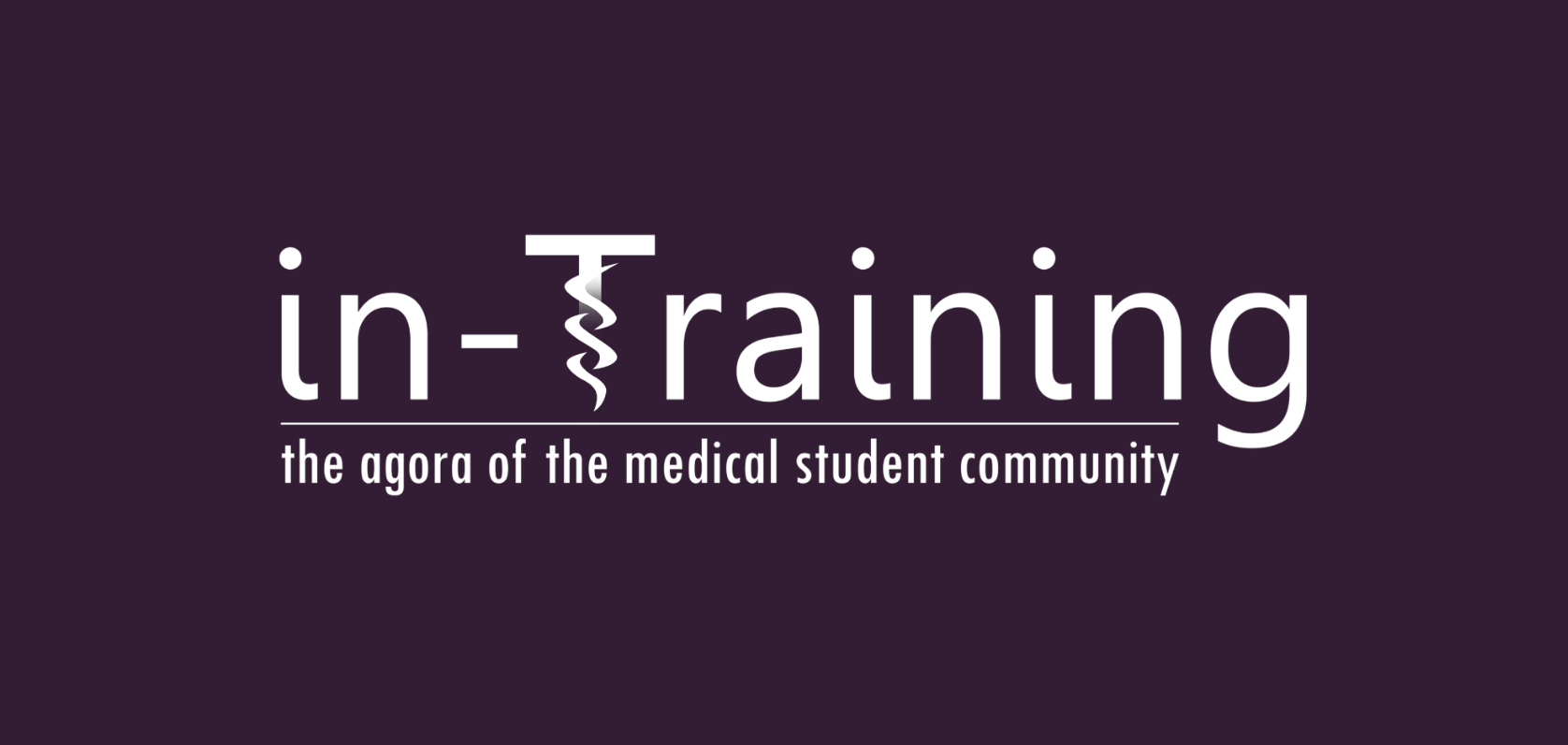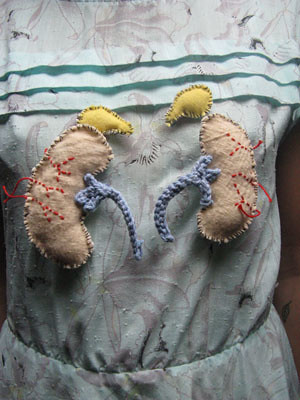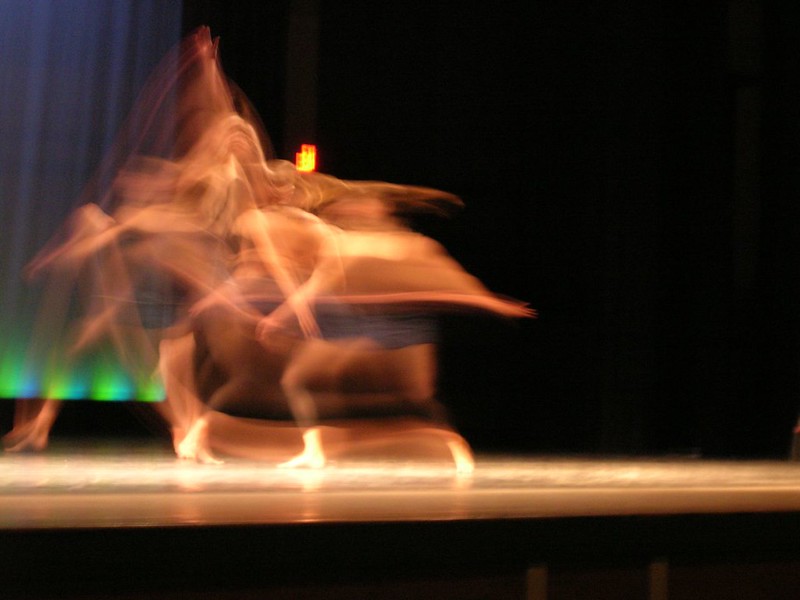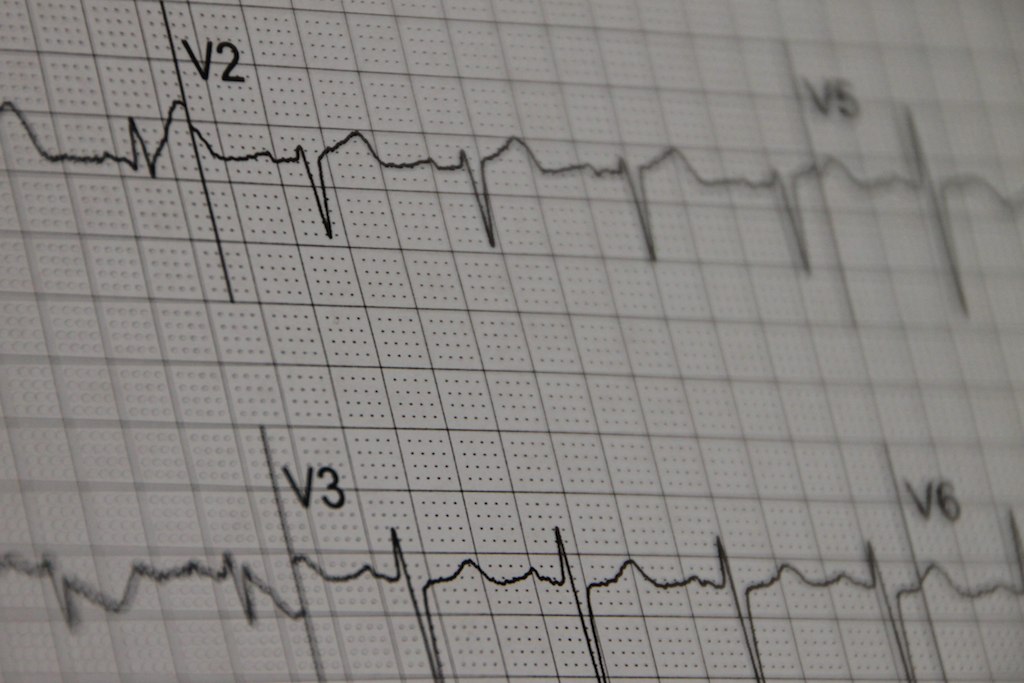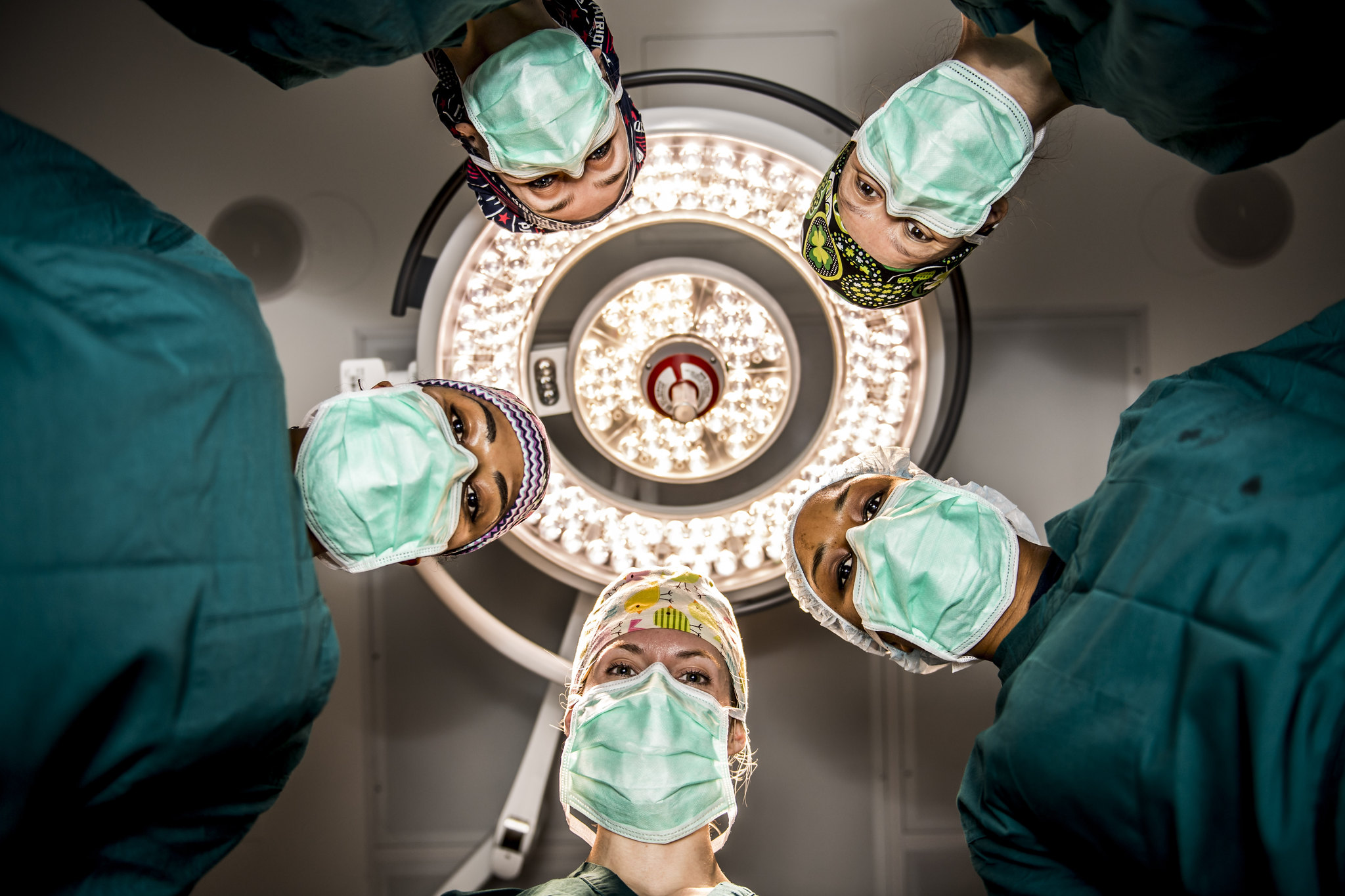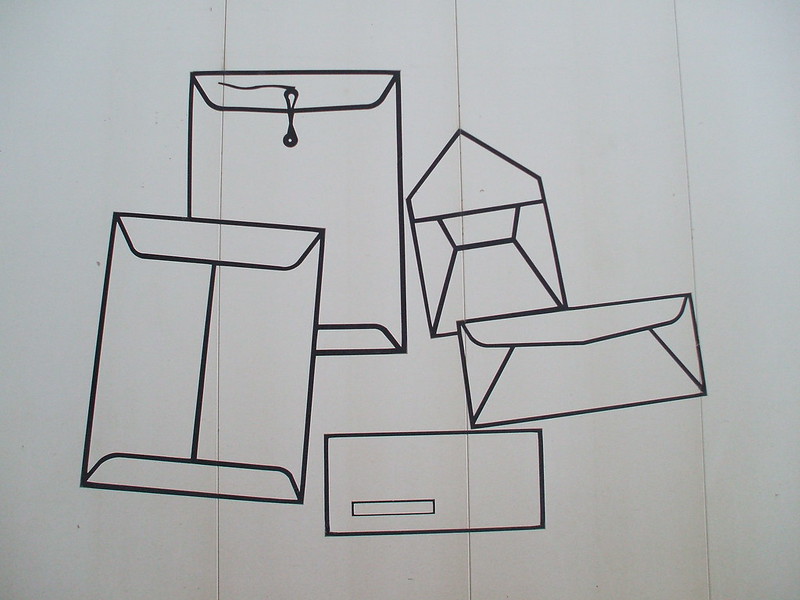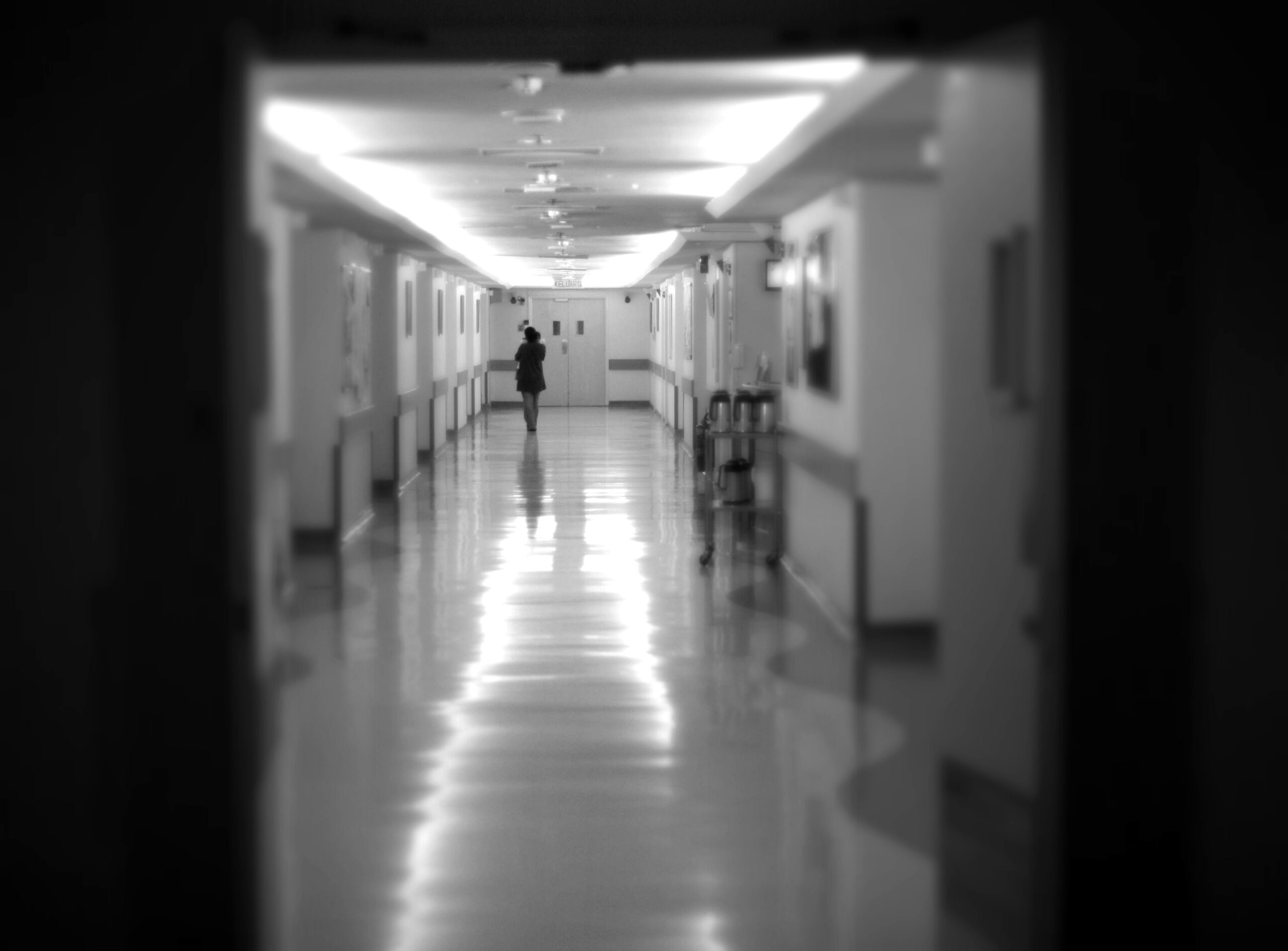Lessons from the OB/GYN Waiting Room: A Reflection on Clinical Research Recruitment
One young woman sits and waits patiently, scrolling on her phone to pass the time. A couple sits across the room talking softly to each other. The air feels light in the quiet room. A woman arrives, checks in, walks with heavy steps to a chair and sits down with a sigh.

